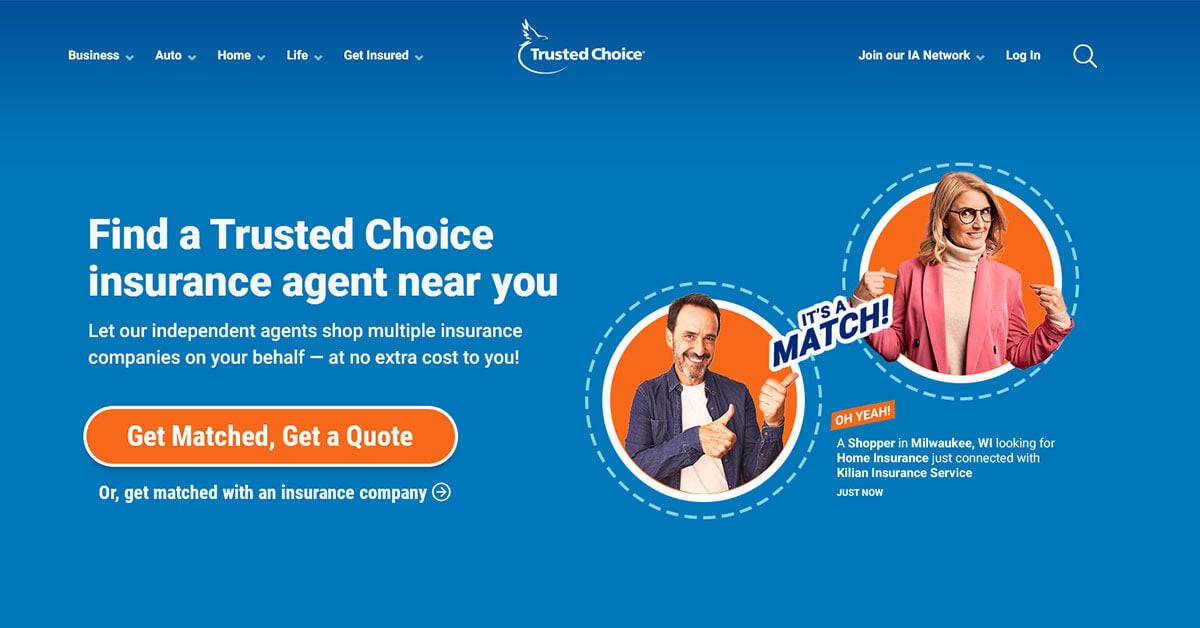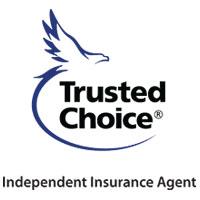You may also like
-
Former President Joe Biden sparked headlines Friday afternoon after stumbling over the word ‘America’ during remarks criticizing the Trump administration at an LGBTQ rights forum in Washington, DC.
-
In the moments before Texas A&M cheerleader Brianna Aguilera fell to her death, witnesses say they heard someone scream, 'Get off me!' — and the so-called 'suicide note' police found deleted from her phone was actually a creative writing essay, her mother’s lawyer revealed Friday.
-
Anna Kepner’s 16-year-old stepbrother was forced out of the family’s Florida home just as federal investigators are reportedly weighing charges against him in the cheerleader’s tragic cruise-ship death.
-
CNN anchor Jake Tapper came under fire Thursday after mistakenly referring to accused D.C. pipe-bomb suspect Brian Cole Jr. as a 'white man.’
-
Police revealed that Texas A&M cheerleader Brianna Aguilera had written—and then deleted—a suicide note on her phone just days before she plunged 17 stories from an Austin apartment building, a fall authorities have now ruled as a tragic act of self-harm.
-
The face of accused D.C. pipe-bomb suspect Brian Cole Jr. has surfaced publicly for the first time since his arrest for allegedly placing explosive devices outside the Republican and Democratic National Committee buildings just before the Jan. 6, 2021, Capitol attack.
-
Ilhan Omar’s connections to a welfare fraud in her Minnesota district are drawing fresh scrutiny as new details come to light—and the story is only getting bigger.
-
State Farm Mutual Automobile Insurance Co. is facing a lawsuit that claims the company misled customers and unfairly profited by selling insurance products from PHL Variable Insurance Co.—a firm regulators say is grappling with a staggering $2.2 billion capital deficit. The alleged shortfall reportedly resulted in policyholders receiving payouts far below what they were originally promised, raising serious questions about transparency, accountability, and who ultimately pays the price.
-
A wealthy California doctor and his wife were gunned down inside their $1.3 million home by their own son — who then fled, set his car on fire, and turned the gun on himself, police said.
-
Before takeoff, one woman on a Delta flight found herself fighting back quiet sobs after catching a glimpse of her seatmate’s hurtful message, lamenting the misery of being squeezed in beside a 'huge woman.'
/GettyImages-638953230-19e74790289347fa9f60dd1b0c4a4ac6.jpg)
/shutterstock_236845816-5bfc3baa46e0fb00260f517d.jpg)






















